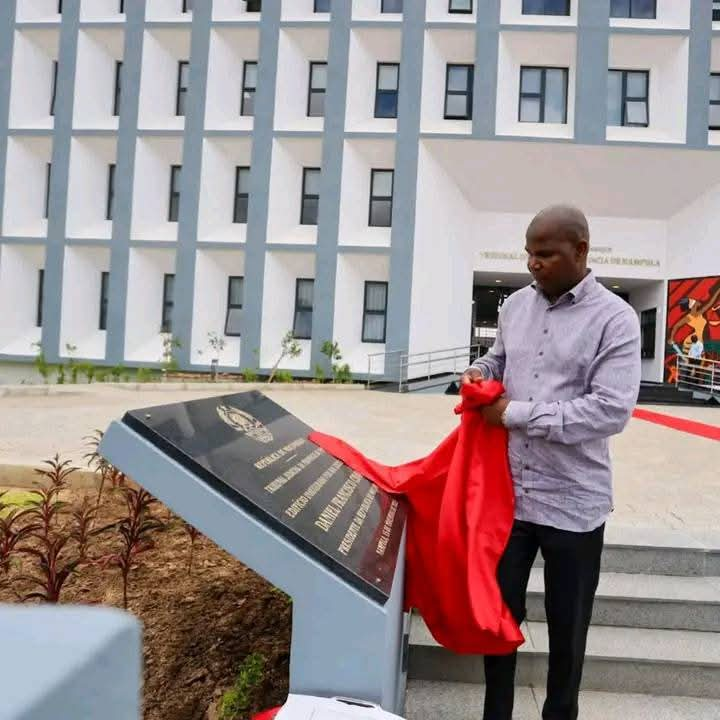
Maputo, 10 Nov (AIM) – The Mozambican State has already lost over 200 million meticais (about 3.1 million US dollars, at the current exchange rate) as a result of illegal mining in the central province of Zambezia this year.
According to João Sembane, director of the Provincial Infrastructure Service, speaking to reporters, illegal mining continues to threaten the local and national economy.
“Groups of prospectors invade areas farmed out to duly licensed companies, vandalize equipment and extract mineral resources that are later sold on the black market. This practice not only harms mining companies but also considerably undermines state revenues”, he said.
Sembane explained that the province currently has 16 legal mining companies. However, illegal mining prevents these institutions from functioning properly, weakening the business environment and making it impossible to create formal jobs.
Sembane pointes out that when mining is carried out legally, companies guarantee employment, pay taxes and contribute to local development. “Part of the revenue from mining activity goes directly to the communities, with 2.75 per cent channeled to the areas where mining takes place and 7.25 percent earmarked for investment in infrastructure and projects of community interest.”
According to Sembane, illegal mining also exposes miners to life-threatening risks due to the lack of adequate safety conditions.
“In this context, we call on communities to abandon illegal mining, favoring collaboration with government institutions and duly licensed companies in order to ensure sustainable economic and social benefits for that province”, he said.
In September, the Mozambican Police (PRM) detained 17 individuals allegedly involved in illegal mining in the central province of Manica.
Since January, at least 20 people have died in artisanal mine collapses linked to illegal mining in Manica.
This operation is taking place at a time when the Inspectorate-General of Mineral Resources and Energy (IGREME) has decided to temporarily suspend mining in Manica, following denunciations from the local population, who have been complaining about environmental pollution, notably contamination of the rivers caused by artisanal mining.
The pollution is affecting, for example, important sources of drinking water such as the Revue river and the Chicamba reservoir, causing serious public health problems.
(AIM)
IN/Ad/pf (365)







